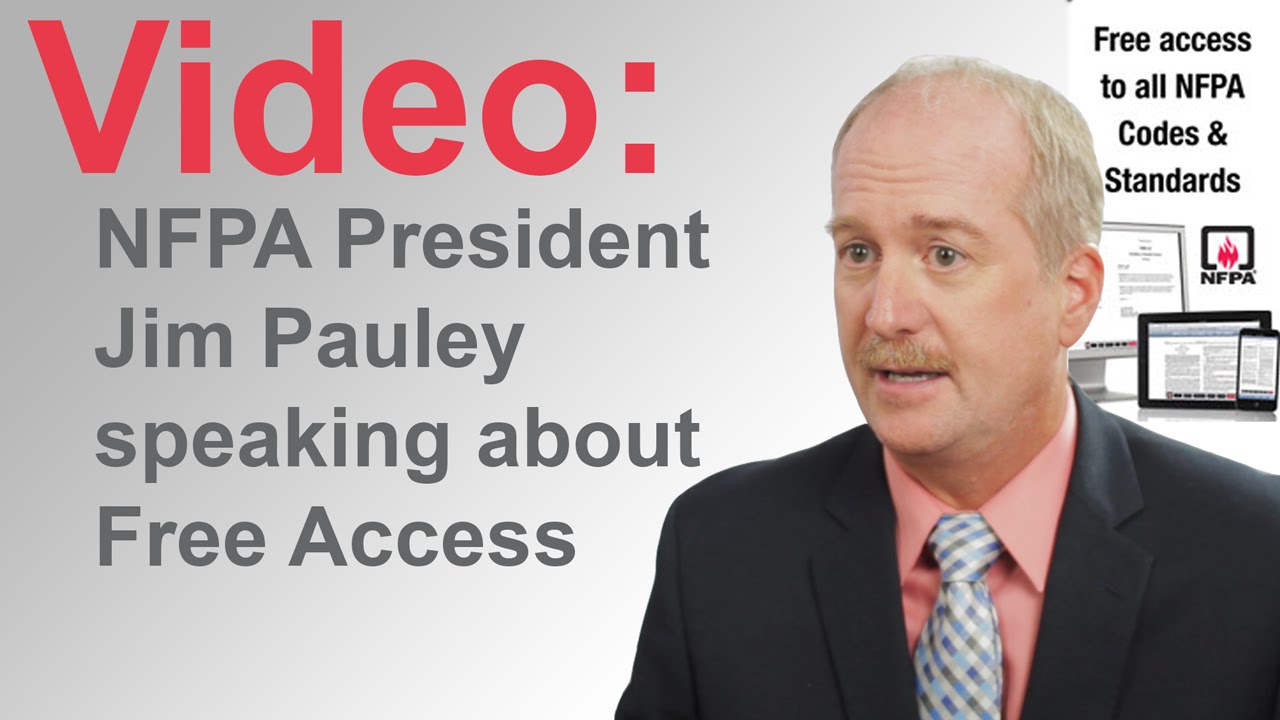Introduction: Understanding NFPA Regulations in Rhode Island
NFPA Regulations play a crucial role in ensuring fire safety standards across the United States. Every state has the authority to adopt and enforce these regulations, but the question arises: is it mandatory for Rhode Island to follow NFPA regulations? This article aims to explore and analyze the requirements and implications of NFPA compliance in Rhode Island.
Overview of the National Fire Protection Association (NFPA)
The National Fire Protection Association (NFPA) is a widely recognized organization that develops and publishes fire safety codes, standards, and practices. Established in 1896, the NFPA has been instrumental in setting the benchmark for fire protection and prevention measures in the United States and beyond. It collaborates with various stakeholders, including professionals, researchers, and government agencies, to establish best practices for fire safety.
The Purpose and Scope of NFPA Regulations
NFPA regulations are designed to minimize the risk of fire-related injuries, fatalities, and property damage. These regulations cover a wide range of areas, including building construction, electrical systems, fire prevention, and life safety. By following NFPA regulations, states can ensure that appropriate fire prevention and protection measures are in place, reducing the likelihood and impact of fires.
Examining Rhode Island’s Adoption of NFPA Standards
Rhode Island has adopted NFPA standards extensively, recognizing their importance in safeguarding public safety. The state’s Fire Safety Code, established by the Rhode Island Fire Safety Code Board of Appeal and Review, incorporates many NFPA standards. This adoption ensures that fire prevention measures and safety protocols align with national best practices.
Evaluating the Legal Obligation to Follow NFPA Regulations
While the adoption of NFPA standards is widespread in Rhode Island, the question of legal obligation arises. Rhode Island law does not explicitly mandate compliance with NFPA regulations. However, failure to adhere to these standards may result in legal consequences if a fire incident occurs and it is determined that reasonable fire safety measures were not implemented.
Key NFPA Codes and Standards Applicable to Rhode Island
Several NFPA codes and standards are applicable to Rhode Island. The most notable include NFPA 101: Life Safety Code, which sets forth requirements for safe building design and operation, and NFPA 70: National Electrical Code, which ensures safe electrical installations. Other relevant codes cover topics such as fire extinguishing systems, hazardous materials, and emergency response planning.
Assessing the Benefits of Compliance with NFPA Regulations
Complying with NFPA regulations offers numerous benefits to Rhode Island. By adhering to these standards, the state can enhance public safety, minimize property damage, and reduce the risk of fire-related injuries or fatalities. Compliance also ensures that buildings, electrical systems, and fire protection measures meet recognized safety standards, providing peace of mind to residents and businesses.
Challenges in Implementing NFPA Standards in Rhode Island
Despite the inherent benefits, implementing NFPA standards can present challenges. Rhode Island, like any other state, must provide training and education to professionals responsible for enforcing these regulations. Additionally, ensuring consistent compliance and conducting periodic inspections can be resource-intensive, requiring sufficient funding, personnel, and administrative support.
Comparing Rhode Island’s Fire Safety Codes with NFPA Standards
Rhode Island’s Fire Safety Code is heavily influenced by NFPA standards, making it comparable in many aspects. However, some differences may exist due to specific state requirements or unique considerations. While Rhode Island’s code may be considered equivalent to NFPA standards, it is essential to analyze any variations in requirements and assess their impact on fire safety.
Potential Impact of Non-Compliance with NFPA Regulations
Non-compliance with NFPA regulations can have severe consequences. From a safety perspective, inadequate fire prevention measures increase the risk of fire incidents, putting lives and property in danger. Legal ramifications may also arise in the event of a fire, leading to liability issues for property owners or responsible parties if it is determined that the prescribed NFPA standards were not followed.
Evaluating the Cost and Feasibility of Adopting NFPA Standards
The cost and feasibility of adopting NFPA standards must be considered when assessing their implementation in Rhode Island. While compliance may require financial investments for upgrades, training, and inspections, the long-term benefits outweigh the initial expenses. Moreover, relying on nationally recognized standards reduces the burden of creating and maintaining unique state-specific regulations.
Conclusion: The Importance of NFPA Compliance in Rhode Island
Although Rhode Island is not legally obligated to follow NFPA regulations explicitly, the adoption and compliance with these standards are vital for ensuring fire safety and minimizing risks. The state stands to benefit from enhanced public safety, reduced property damage, and the satisfaction of aligning with recognized best practices. By prioritizing NFPA compliance, Rhode Island can effectively safeguard its residents and communities from the devastating impacts of fire incidents.





